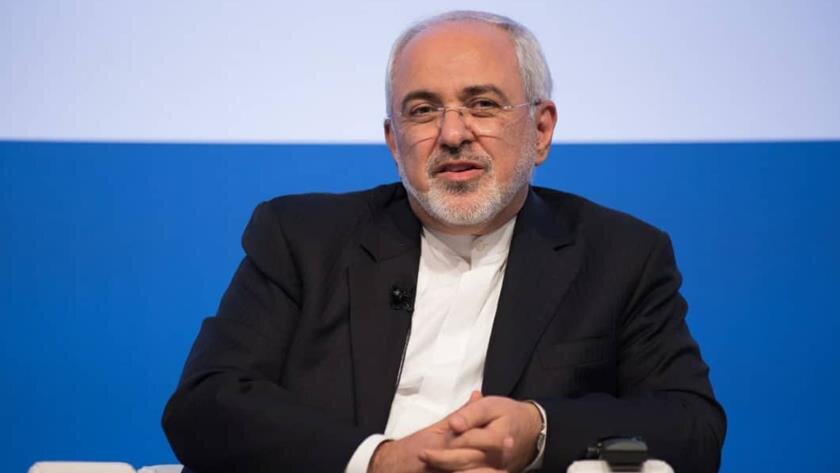Zarif calls on U.S. to end JCPOA lawlessness

TEHRAN – Iranian Foreign Minister Mohammad Javad Zarif on Saturday called on the United States to end its lawlessness by rejoining a 2015 nuclear deal abandoned by former President Donald Trump on May 8, 2018.
Zarif recalled how the controversy over the nuclear deal, officially known as the Joint Comprehensive Plan of Action (JCPOA), started in the first place. The foreign minister called Trump a “buffoon” who reneged on U.S. obligations under the nuclear deal.
“As we try to revive JCPOA in Vienna, it's necessary to remember how it all started. 3 years ago today, a disgraced buffoon violated US obligations under JCPOA & UNSCR 2231. Today, @POTUS has to decide whether U.S. continues lawlessness or adheres to law. Onus is on U.S., not Iran,” the chief Iranian diplomat said on Twitter.
The comments came amid a new round of nuclear talks in Vienna between Iran and the remaining parties to the JCPOA. The talks began in April and entered a new stage on Friday when the fourth round kicked off. The latest meeting of the JCPOA Joint Commission was held on Friday.
Iran and its negotiating partners in Vienna said progress was made in the talks but they have not yet reached a conclusive understanding about how to revive the JCPOA.
Meanwhile, a senior Iranian lawmaker warned on Saturday that Iran will restrict cooperation with the International Atomic Energy Agency if no progress is made by May 24 when a temporary deal between Iran and the IAEA on monitoring access is expected to expire.
The lawmaker, Mojtaba Zolnouri, who is the head of the Iranian Parliament’s National Security and Foreign Policy Committee, said the nuclear talks in Vienna have so far failed to produce a concrete result and they have become “draining.”
“We hope that the lock of negotiations will be broken and the path will continue quickly,” the lawmaker said. But at the same time, he warned, if this lock is not broken by May 24, Iran will implement a parliamentary nuclear law obligating the Iranian government to rapidly increase nuclear activities and restrict the International Atomic Energy Agency’s access to Iranian nuclear facilities.
The nuclear law, officially called “Strategic Action to Lift Sanctions and Protect the Nation’s Rights,” outlines a step-by-step strategy for Iran to increase nuclear activities in case the West failed to honor its obligations under the 2015 Iran nuclear deal.
“If this lock is not broken, according to the strategic law for lifting sanctions, the opportunity for the West to fulfill its obligations will end on May 24, and the Islamic Republic of Iran will take action in accordance with this law,” Zolnouri told Tasnim.
He said the first thing Iran will do in case the Vienna talks failed is the non-implementation of the Additional Protocol to the Nuclear Non-Proliferation Treaty (NPT).
At present, the offline agency cameras are operating in our country's nuclear facilities. If the negotiations are unlocked by May 24, the Agency can access the content of these cameras,” Zolnouri pointed out. “If the negotiations are not concluded by May 24, the content of the cameras will be deleted and the cameras will be turned off.”
